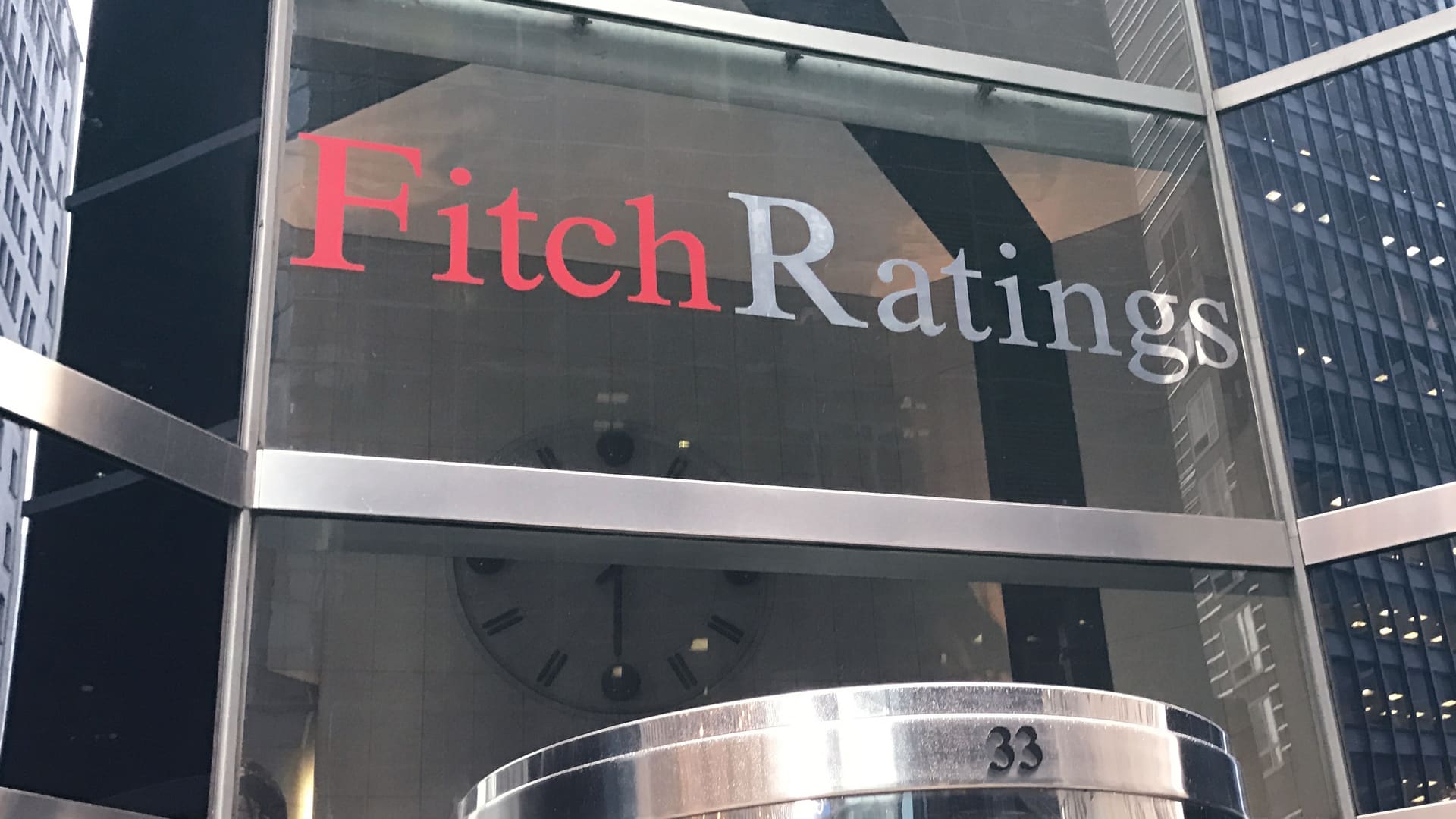Fitch Ratings on Monday affirmed the credit rating of Adani Electricity Mumbai, saying the Hindenburg Research report alleging governance issues at the Adani group has a limited near-term impact on the company’s cost of funding.
In a statement, the rating agency said, it has affirmed the ‘BBB-‘ rating on Adani Electricity Mumbai Ltd (AEML) US dollar senior secured notes due 2030. It has also affirmed AEML’s USD 2-billion global medium-term note programme and notes issued under the programme at ‘BBB-‘. ‘BBB’ indicates investment grade rating with relatively higher credit risk. The affirmation reflects Fitch’s view that the Hindenburg report alleging governance issues at the Adani group has a limited near-term impact on AEML’s cost of funding and access at the current rating level, it stated.
High cash-flow visibility from regulated assets, regulator-approved capex and an adequate liquidity position with no significant debt maturity till February 2030 further support AEML’s financial flexibility, it explained. “We expect AEML’s credit metrics to have adequate headroom based on our conservative rating-case assumptions,” the agency said. However, “we have lowered AEML’s management and corporate governance assessment under our criteria in the ratings navigator to ‘bb+’,” it said. Governance weaknesses at the sponsor level and other group entities, including a highly concentrated shareholding structure across group entities and aggressive debt-funded investments at some entities, can expose all Adani group-related companies to higher contagion risks than previously considered, which can affect their financial flexibility, it said.
“We believe these group-related risks to be lower for AEML than for Adani Transmission Limited (ATL, BBB-/Stable), which owns 74.9 per cent of AEML, due to AEML’s legal ring-fencing as per a strict cash flow waterfall mechanism in its long-dated US dollar notes, and the presence of Qatar Investment Authority as a significant minority shareholder,” it stated. AEML’s notes with 2030 maturity and notes issued under the global medium-term note programme represent joint and several obligations of AEML and Power Distribution Service Limited (PDSL), together referred to as the obligor group, it said.
PDSL is a subsidiary of ATL that collects AEML’s corporate expense allocations and keeps the receipts within the obligor group for the benefit of the US dollar noteholders. “We expect AEML’s EBITDA to net interest cover to remain adequate for its current ratings, averaging 2.3x over the financial year ending March 2024 (FY24) to FY26,” Fitch said. However, it said, tariff regulations allow for pass-through of long-term debt funding cost increases, limiting the impact on the credit profile even in the event of rising interest costs.
AEML’s leverage, defined as net debt/EBITDA, should fall below 5 times over the medium term after factoring in additional capex. Fitch expects AEML’s capex to average around Rs 15.5 billion (Rs 1,550 crore) per year from FY23-FY26 (FY22: Rs 12.4 billion). “We expect AEML’s additional debt funding requirements over next 12-24 months to be low at around Rs 13 billion to fund part of the capex, although AEML has flexibility to delay some of the capex in consultation with the regulator,” the rating agency said.













































Pingback: With US govt action, looming risks to Indian startups have passed: Rajeev Chandrasekhar on SVB crisis